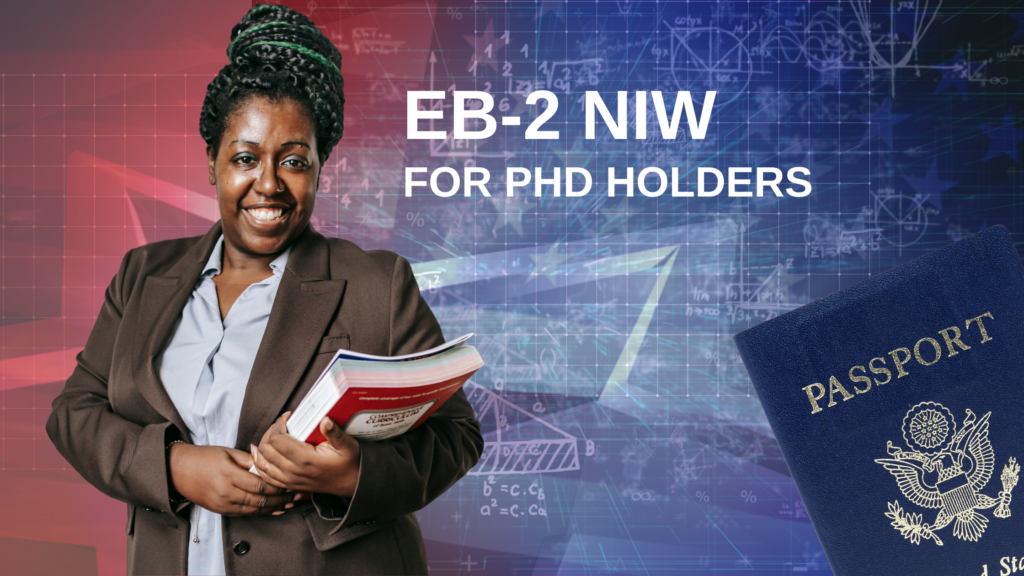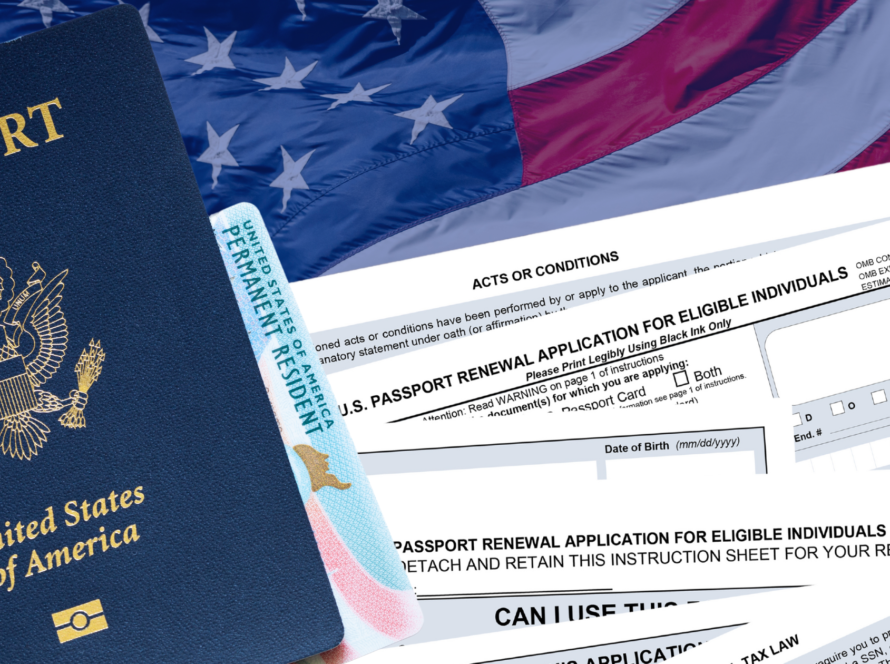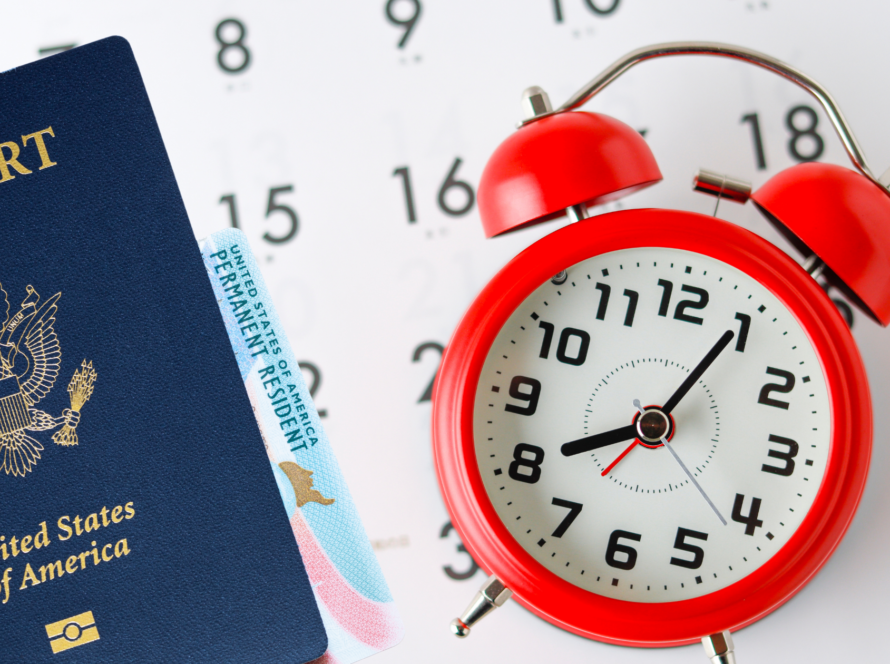
EB2 NIW for PhD Holders
Navigating the U.S. immigration system is no small feat, especially when you’re aiming for a green card. Fortunately, for those holding a doctoral degree, there’s a golden opportunity: the EB2 NIW for PhD holders. This visa category allows qualified individuals to self-petition for U.S. permanent residency—without needing employer sponsorship or a labor certification.
In this comprehensive guide, we’ll unravel the mysteries of the EB2 NIW (National Interest Waiver) and empower PhD holders with a clear, actionable path to permanent residency. Whether you’re a scientist curing diseases or an economist reforming public policy, this article will help you put your best case forward.
Understanding EB2 NIW
The EB2 NIW stands for Employment-Based Second Preference National Interest Waiver. It’s a part of the broader EB2 green card category, typically reserved for individuals with advanced degrees or exceptional abilities in their fields. What sets NIW apart is the waiver of the PERM labor certification and job offer requirement. In other words, you don’t need a U.S. employer to sponsor you.
Why PhD Holders Are Ideal Candidates
PhD holders are particularly attractive to USCIS adjudicators due to their advanced academic achievements and the potential for high-impact contributions. Whether your expertise lies in clean energy, machine learning, cancer research, or policy analytics, a doctoral degree demonstrates:
- Advanced knowledge and competence
- A proven commitment to research
- Independent work capability
- Potential to serve U.S. national interests
PhD-level education also provides a treasure trove of supporting evidence—like publications, awards, and teaching records—that make building a strong NIW case far easier than for other applicants.
Eligibility Criteria for EB2 NIW
To qualify for EB2 NIW, applicants must meet two core requirements:
- Basic EB2 Eligibility: This means having an advanced degree (such as master’s, PhD, law degree, Doctor Of Medicine or pharmacy degree) or exceptional ability in the sciences, arts, or business.
- NIW Criteria (Dhanasar Framework):
- The proposed endeavor has both substantial merit and national importance.
- The applicant is well-positioned to advance the endeavor.
- It would benefit the U.S. to waive the job offer and labor certification requirements.
While these criteria may sound abstract, we’ll break them down with practical strategies in the following sections.
Key Differences: EB2 vs. EB2 NIW
| Criteria | EB2 (Regular) | EB2 NIW |
| Employer Sponsorship | Required | Not required |
| Labor Certification (PERM) | Required | Waived |
| Self-Petition Allowed | No | Yes |
| Best For | Hired professionals | Independent researchers & experts |
NIW offers more freedom but requires a compelling argument that your work benefits the U.S. broadly—not just a single employer.
The Three-Prong NIW Test Explained
This test stems from the Matter of Dhanasar decision in 2016. Here’s what USCIS looks for:
- Substantial Merit and National Importance: Your work should address a pressing national or global issue (e.g., climate change, cybersecurity, public health).
- Well-Positioned to Succeed: Your CV, publications, grants, and endorsements should show you have the tools and track record to achieve your goals.
- Benefit to the U.S.: Your contribution must justify waiving the labor certification process, typically by proving that your work serves the public good or a national interest.
Self-Petitioning Without Employer Sponsorship
Perhaps the most appealing aspect of the EB2 NIW for PhD holders is the ability to self-petition. You’re not tied to a company. You control the timing. You shape your case. This is ideal for postdocs, independent researchers, or those transitioning from academia to industry.
Building a Strong EB2 NIW Petition
A winning petition requires a compelling narrative supported by evidence. Essential components include:
- A detailed petition letter or personal statement explaining your field, contributions, and future goals
- Letters of recommendation from independent experts (not just advisors)
- An updated CV showing academic and professional achievements
- Proof of peer-reviewed publications, citations, grants, presentations, and more
Evidence of Exceptional Ability
Even if you’re applying under the “advanced degree” criterion, it helps to include indicators of exceptional ability, such as:
- Original contributions to your field
- Prestigious memberships (e.g., IEEE Fellow, National Academies)
- Media coverage or public presentations
- Patents and product development
Proving National Interest
The crux of your case is demonstrating why your work matters to the U.S.. This can include:
- Public health relevance (e.g., disease prevention)
- Economic growth (e.g., AI entrepreneurship)
- National security (e.g., cryptographic research)
- Educational advancement or equity initiatives
Common Mistakes to Avoid
- Using vague or generic language (“important researcher” instead of detailing your contribution)
- Submitting only academic achievements without framing their real-world impact
- Relying solely on institutional letters instead of third-party experts
- Ignoring the national interest angle
Processing Time for EB2 NIW
Typical processing times for Form I-140 (the EB2 NIW petition) range from 6 to 12 months, but can be longer depending on:
- USCIS workload
- The strength and clarity of your petition
- Whether you receive a Request for Evidence (RFE)
As of 2024, premium processing is available for EB2 NIW petitions—expediting adjudication to 45 calendar days for a fee.
Green Card Process After I-140 Approval
After your I-140 is approved, the next step is:
- Form I-485 (if inside the U.S.)
- Consular processing (if abroad)
You’ll need:
- Medical exam (Form I-693)
- Birth certificate
- Biometrics appointment
EB2 NIW for International PhDs in the U.S.
If you’re on F-1, J-1, or OPT:
- You can file EB2 NIW while studying or doing postdoc
- You can file I-140 and I-485 concurrently if your country is current
- Filing EB2 NIW doesn’t affect your current visa status
For J-1 holders, the 212(e) home residency requirement must be waived before adjusting status.
Visa Bulletin and Retrogression Risk
PhD holders from India and China often face long wait times due to visa retrogression.
Options include:
- Filing I-140 now to lock in priority date
- Exploring O-1 or H-1B as interim options
- Filing I-485 when the date becomes current
Impact of Postdoctoral Research
Postdocs help build:
- Publication record
- Collaborative projects
- Grant funding experience
- National-level exposure
Use them strategically to strengthen your EB2 NIW profile.
Concurrent Filing of I-140 and I-485
If your priority date is current, you can file both forms at once
Realistic Timeline from Filing to Green Card
| Step | Estimated Time |
| Prepare EB2 NIW Petition | 1–2 months |
| USCIS I-140 Processing | 6–12 months |
| I-485 Processing | 8–12 months |
| Total Time to Green Card | ~1.5–2.5 years |
Premium processing can reduce I-140 time to 45 days.
Maintaining Legal Status During Process
Until your I-485 is approved, you must:
- Maintain current visa (F-1, J-1, H-1B, etc.)
- Avoid unauthorized employment
- Use advance parole if you plan to travel
Life After Green Card Approval
- Work for any employer or go self-employed
- Sponsor spouse and children for green cards
- After 5 years, apply for U.S. citizenship
FAQs
Can I apply for EB2 NIW while on F-1 or J-1?
Yes, you can self-petition while on any non-immigrant status, however, applicants with J-1 visas must apply to relevant authority to waive the home country residence requirement of the J-1 visa before they apply for EB2-NIW
How many publications do I need for EB2 NIW?
There’s no minimum, however you should provide evidence that you have contributed to your field.
Can I file EB2 NIW without citations?
It’s possible, but you’ll need very strong recommendation letters and other evidence.
Does my field of study matter?
Yes. Fields that align with national priorities (STEM, policy, health) tend to perform better.
Is EB2 NIW faster than employer-sponsored EB2?
Sometimes. There’s no labor certification delay, but timelines vary by individual case.
Can I include my family?
Yes, your spouse and children under 21 can receive green cards as derivatives.
CONCLUSION
The EB2 NIW for PhD holders is more than just a green card strategy—it’s a recognition of your value to the United States. Whether you’re advancing AI, redefining education, or reshaping policy, the U.S. welcomes your contributions. With careful preparation, strong documentation, and strategic storytelling, your petition can stand out and succeed.
Take the Next Step in Your EB-2 NIW Journey
Don’t navigate this complex process alone. My Green Card Story is here to help you every step of the way. From gathering essential documents to handling RFEs and assembling a compelling petition, our expert consultants specialize in EB-2 NIW applications.
✅ Book a personalized consultation today!
✅ Get expert guidance tailored to your unique case.
✅ Accelerate your path to U.S. permanent residency.
Click here to schedule your consultation now!
For official information on the EB-2 and NIW process, visit the USCIS website.
Let’s make Your EB2 journey a success! Stay connected with us! Follow My Green Card Story on all our socials for the latest updates, tips, and inspiring success stories. Got questions? We’re here to help!



